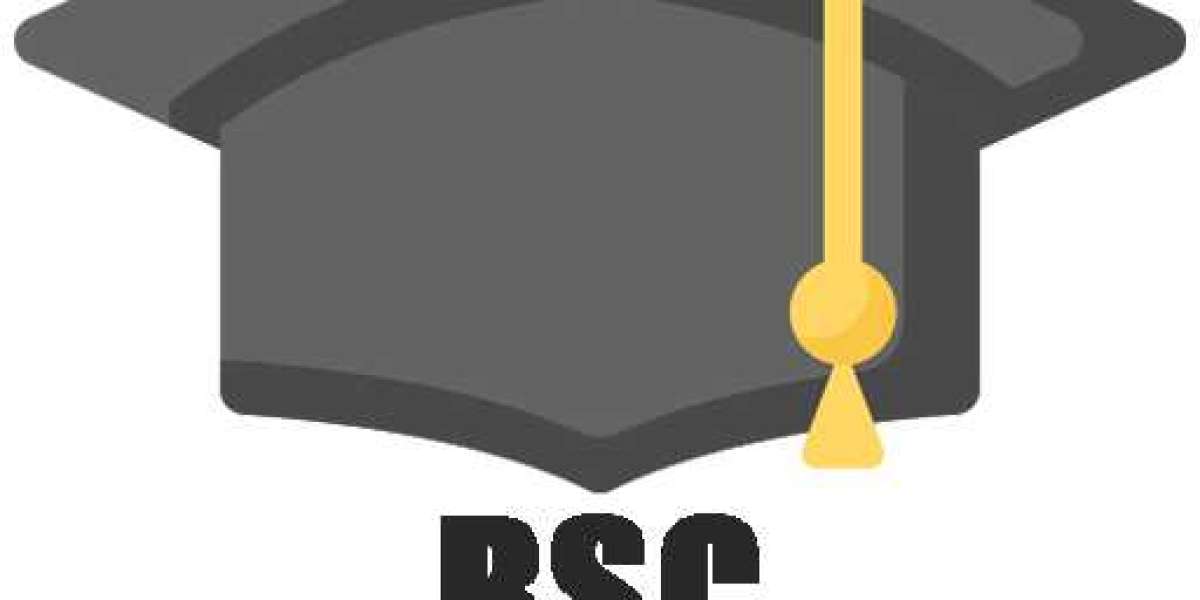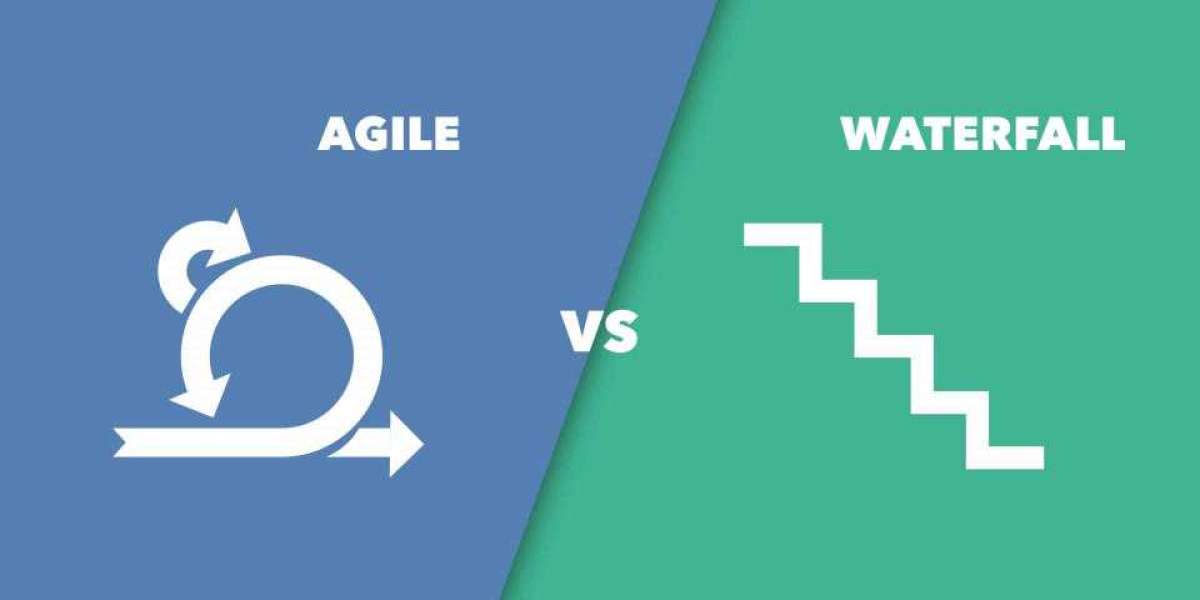When you hear someone say "BSc," what pops into your mind? If you're thinking about college degrees, science, and career paths, you're on the right track. But the full form of BSc, which stands for Bachelor of Science, is just the tip of the iceberg. Pursuing a BSc isn't just about earning a degree; it’s about diving into the world of science, exploration, and personal growth.
Let's break it down. Here’s what you'll learn, what you’ll achieve, and how a Bachelor of Science can change your future.
The Journey Begins: What is BSc?
So, what exactly is BSc? At its core, a Bachelor of Science is an undergraduate degree that focuses on scientific and technical subjects. It can be anything from Biology, Physics, and Chemistry to more modern fields like Computer Science or Environmental Studies. It’s about immersing yourself in the world of knowledge and developing a deep understanding of the natural world.
Imagine this: You’re sitting in a classroom, learning about complex theories. The next day, you’re in the lab, conducting experiments to test those theories. That’s the life of a BSc student.
What Will You Learn During Your BSc?
It doesn’t matter if you’re studying Physics or Biology—BSc students are challenged with subjects that require both analytical and practical skills. Whether you’re measuring reactions in a chemistry lab or exploring human anatomy in a biology course, BSc programs are structured to develop a range of skills.
1. The Fundamentals of Science Every BSc program is rooted in science. You'll start with the basics: math, chemistry, and biology. These subjects are fundamental to almost all other fields of science. Think of it as the "building blocks" that help you understand more complex subjects later.
2. Problem Solving Skills Science is all about solving problems. Whether you're figuring out how a chemical reaction works or why a plant grows in a certain direction, your BSc studies will push you to think critically. Problem-solving becomes second nature. Every lab experiment, every equation you solve, and every research paper you write helps build this vital skill.
3. Practical Knowledge The best part of studying science is the hands-on experience. Unlike other degrees where theory dominates, BSc students spend a lot of time experimenting in labs, conducting fieldwork, or testing out hypotheses. This practical knowledge is what sets you apart when entering the job market. The more experience you gain, the more ready you are to face real-world challenges.
4. Specialization As you progress in your Bachelor of Science program, you'll have the opportunity to specialize. Whether you want to focus on biochemistry, physics, or computer science, the choice is yours. Specialization helps you dive deeper into the subject you’re passionate about. This can open doors to specific careers and research opportunities.
5. Research Skills In a world driven by information, research skills are invaluable. Throughout your BSc studies, you’ll learn how to design experiments, analyze data, and communicate your findings effectively. These research skills are vital not only for academic success but also for future jobs in industries like healthcare, engineering, or technology.
What Will You Achieve with a BSc?
Now, let’s talk about the bigger picture. What will a Bachelor of Science help you achieve?
1. Solid Foundation for Further Studies If you’re thinking about pursuing a master's or even a Ph.D., a BSc is your first step. It lays a solid foundation in scientific knowledge and research methods that are essential for advanced studies. A BSc isn’t just a degree; it’s the start of your journey into deeper learning and specialization.
2. Diverse Career Opportunities A Bachelor of Science doesn’t limit you to one career path. Whether you’re interested in healthcare, technology, education, or even entrepreneurship, there are countless job opportunities for BSc graduates. From research scientists to data analysts, the career options are vast. Plus, the skills you gain during your studies—like problem-solving, critical thinking, and research—are highly valued across many industries.
3. Competitive Edge in the Job Market Employers love candidates who have a strong academic background and can think critically. With a BSc, you’ll stand out in a competitive job market. Many employers in sectors like technology, pharmaceuticals, and engineering prefer hiring candidates with science degrees because they bring a solid understanding of research, data analysis, and technical skills.
4. Personal Growth What’s often overlooked in the pursuit of a BSc is the personal growth that comes with it. The challenges, the late-night study sessions, the triumph of completing a difficult experiment—these moments shape you. You’ll develop resilience, time management skills, and the ability to work under pressure. These traits not only help in your career but also in life.
5. Making a Difference Science has the power to change the world. As a BSc graduate, you’ll have the knowledge and tools to make a significant impact. Whether it’s advancing medical research, improving sustainability practices, or developing new technologies, the possibilities are endless. Your studies can contribute to solving some of the world’s most pressing issues.
Specializations Within BSc
The beauty of a Bachelor of Science is the ability to specialize. Whether you're drawn to biology, chemistry, or even newer fields like data science, you’ll have a range of options to choose from.
- Physics: Understand the fundamental principles that govern the universe. From the tiniest particles to the largest galaxies, physics is all about the laws that shape our world.
- Biology: If you’re fascinated by life, biology is for you. Learn about the structure, function, and evolution of living organisms.
- Chemistry: Dive into the world of atoms and molecules. Chemistry connects to many other scientific fields, including medicine and environmental science.
- Environmental Science: Tackle the pressing environmental issues of our time. Environmental science combines biology, chemistry, and physics to study the planet’s health.
- Computer Science: If technology excites you, computer science is an area worth exploring. It focuses on programming, data analysis, and machine learning.
The Takeaway
A Bachelor of Science opens the door to a wide range of opportunities, both professionally and personally. It’s not just about acquiring knowledge; it’s about developing critical skills that will set you up for success in the workforce. Whether you’re planning to enter the job market right after graduation or continue your studies, a BSc degree gives you the tools you need to thrive in a constantly changing world.
The road to earning a BSc is challenging, no doubt, but the rewards are more than worth it. As you immerse yourself in the world of science and discovery, you’ll gain valuable knowledge, experience, and skills that will serve you for a lifetime.
FAQs
1. What is the full form of BSc? The full form of BSc is Bachelor of Science. It is an undergraduate degree focused on scientific and technical subjects.
2. Can I pursue a BSc in different subjects? Yes! A Bachelor of Science offers a variety of specializations, including Physics, Biology, Chemistry, Computer Science, and more. You can choose based on your interests.
3. How long does a BSc program take to complete? Typically, a BSc program takes 3 to 4 years to complete, depending on the country and the field of study.
4. What career opportunities can I pursue with a BSc? A Bachelor of Science can open doors to careers in healthcare, technology, engineering, research, and many other fields. It equips you with valuable skills that are highly sought after by employers.
5. Is a BSc degree good for further studies? Absolutely! A Bachelor of Science provides a solid foundation for further studies, including master's degrees and Ph.D. programs in scientific and technical fields.








